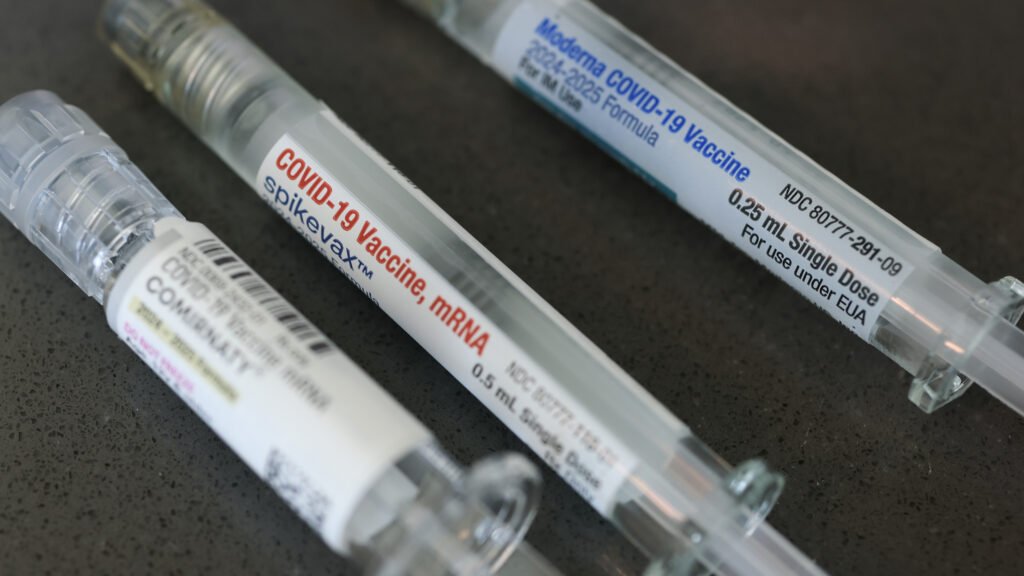mRNA-based Covid vaccines from Pfizer-BioNTech or Moderna may have an unexpected benefit for cancer patients undergoing immunotherapy. A recent study suggests that these vaccines could enhance the effects of immunotherapy drugs by triggering the immune system and guiding immune cells to attack tumors. This dual benefit is crucial for cancer patients, as they often have compromised immune systems and need protection against Covid.
The study, presented at the European Society for Medical Oncology conference in Berlin, revealed that advanced cancer patients who received a Covid vaccine within 100 days before starting immunotherapy lived longer than those who did not. This retrospective analysis, conducted by researchers from MD Anderson Cancer Center, sheds light on the potential synergy between Covid vaccines and immunotherapy in improving patient outcomes.
The findings highlight the importance of considering Covid vaccination as part of the treatment regimen for cancer patients. By priming the immune system and enhancing its response to immunotherapy, these vaccines could potentially boost the efficacy of cancer treatments and improve survival rates. This novel approach to leveraging Covid vaccines for cancer care underscores the interconnectedness of different medical interventions and the potential for synergistic effects in patient outcomes.
As the medical community continues to explore the intersection of Covid vaccines, immunotherapy, and cancer treatment, further research is needed to fully understand the mechanisms underlying this synergy. By harnessing the power of vaccines to enhance the body’s immune response against both Covid and cancer, healthcare providers can offer more comprehensive and effective care to patients facing complex medical challenges.
In conclusion, the study’s findings provide valuable insights into the potential benefits of incorporating Covid vaccines into cancer treatment protocols. By leveraging the immune-boosting properties of these vaccines, healthcare providers can optimize patient outcomes and improve overall survival rates for individuals battling cancer. This innovative approach underscores the importance of exploring new avenues for enhancing cancer care and underscores the importance of interdisciplinary collaboration in advancing medical research and practice.


